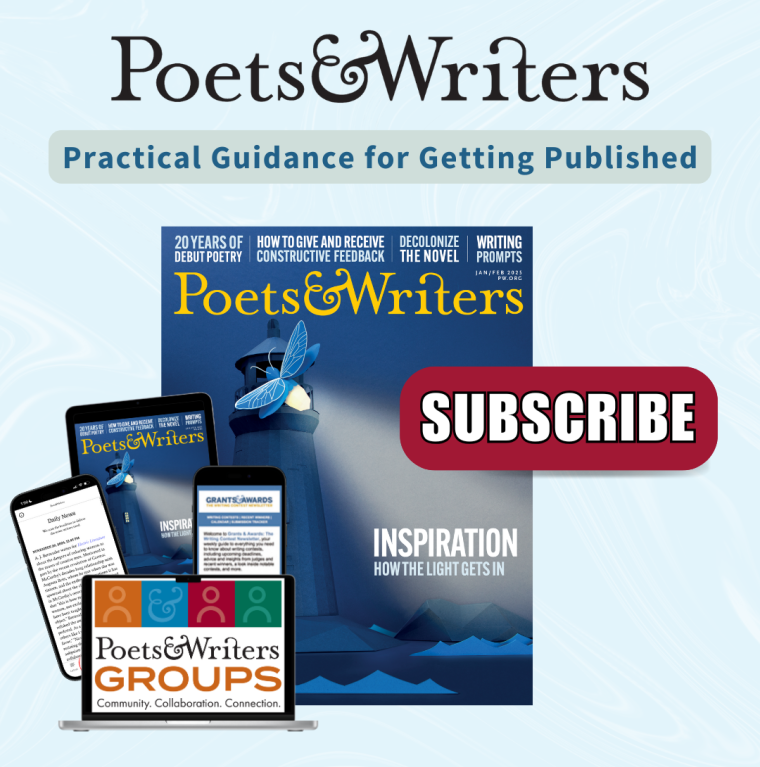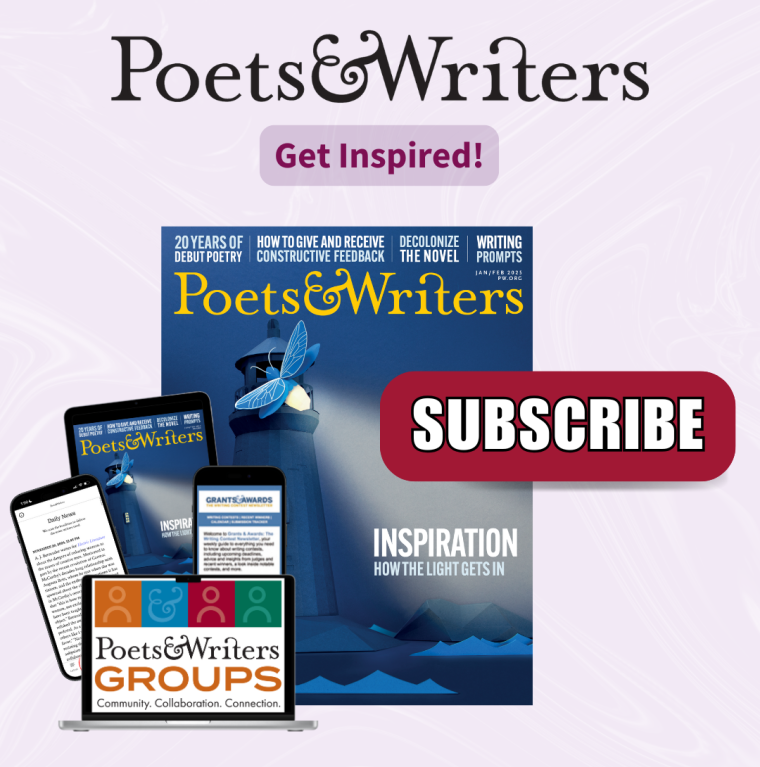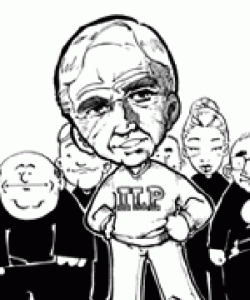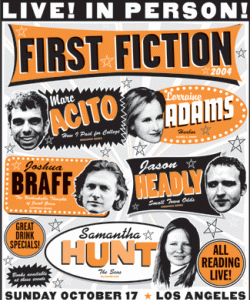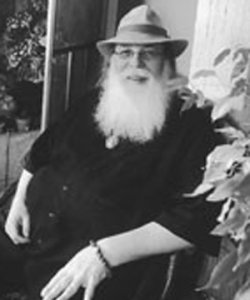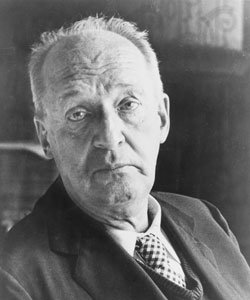Literary MagNet
Literary MagNet chronicles the start-ups and closures, successes and failures, anniversaries and accolades, changes of editorship and special issues—in short, the news and trends—of literary magazines in America. This issue's MagNet features Softblow, the Quarterly Literary Review Singapore, Poetry Billboard, the 2nd Rule, No Tell Motel, Boulevard, American Letters & Commentary, FIELD, Boston Review, Pleiades, Witness, and Gulf Stream.


